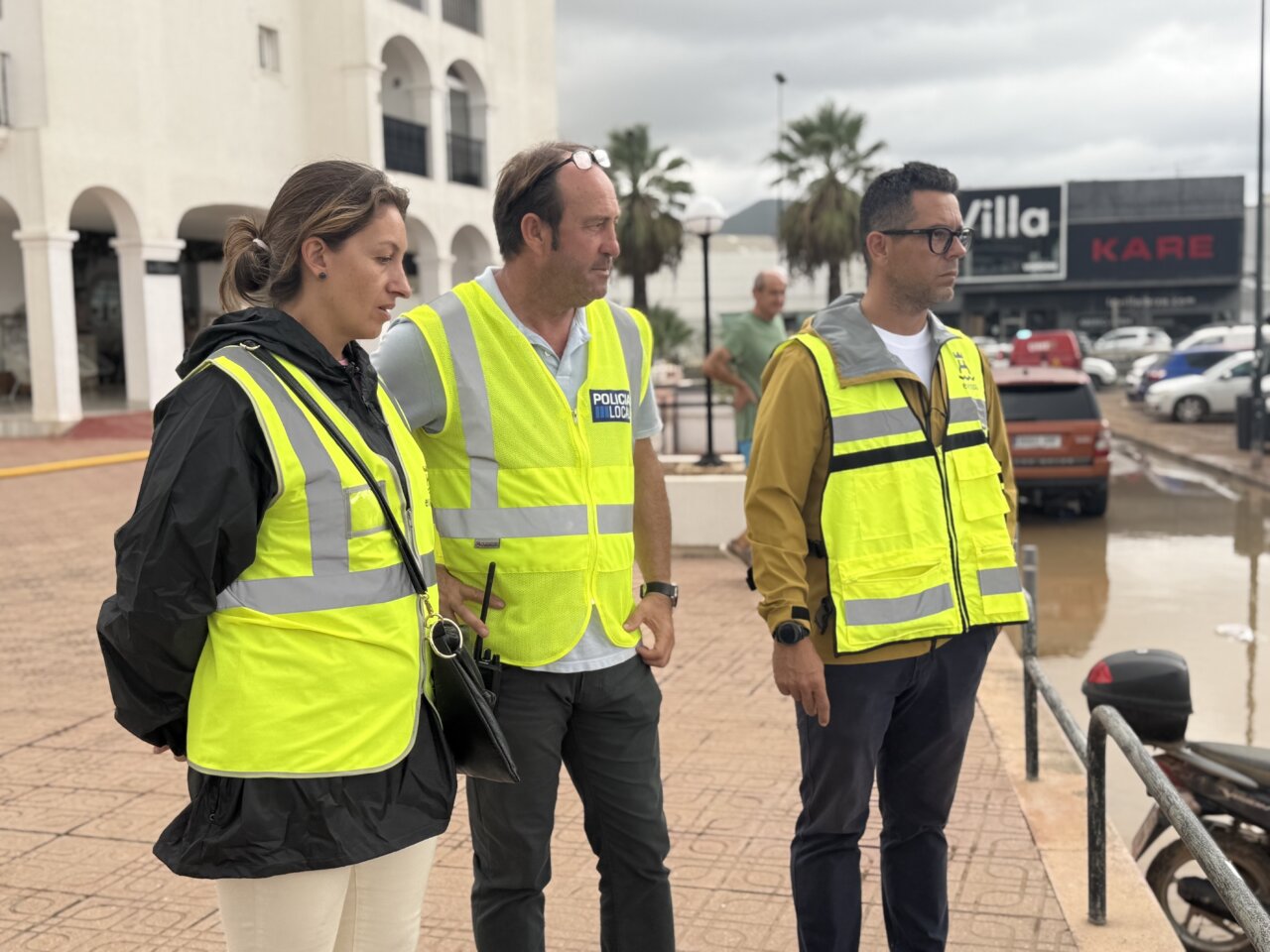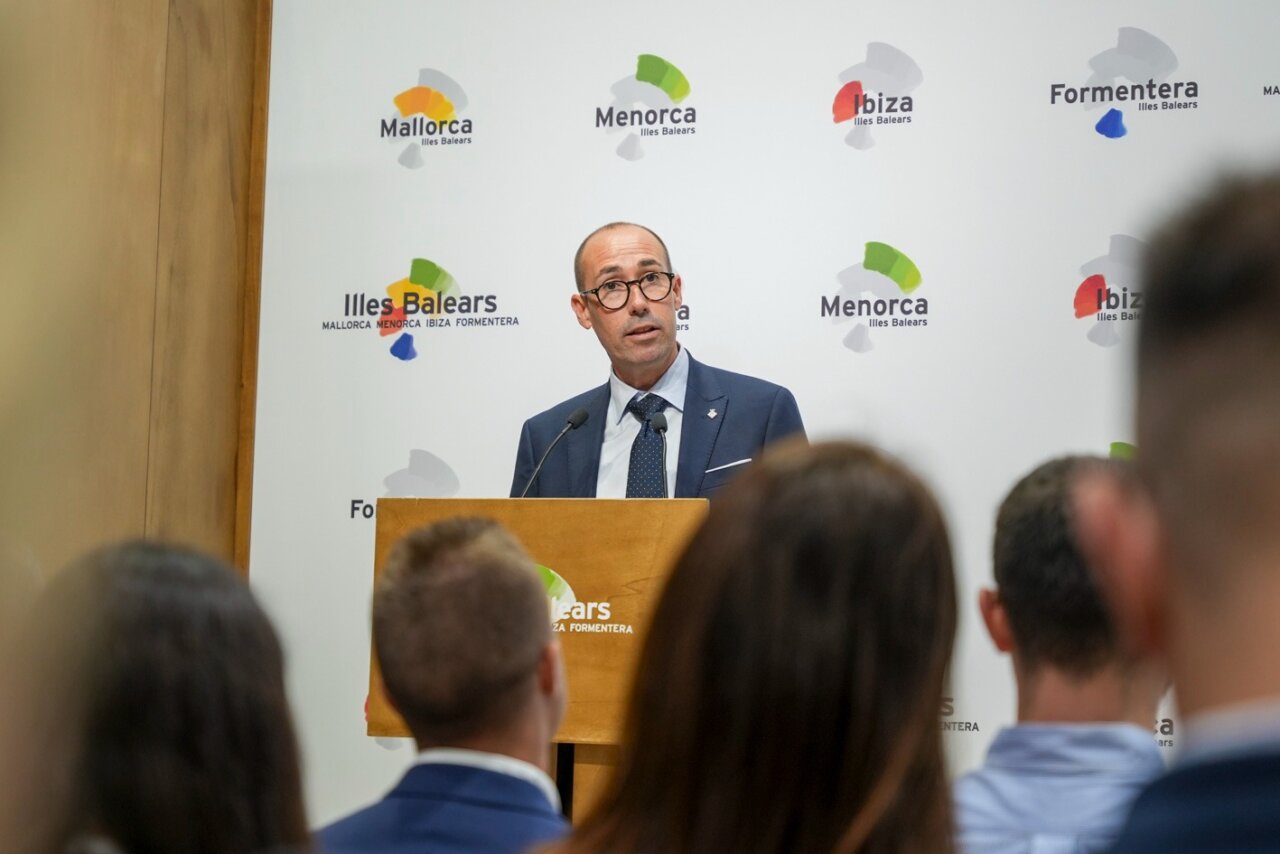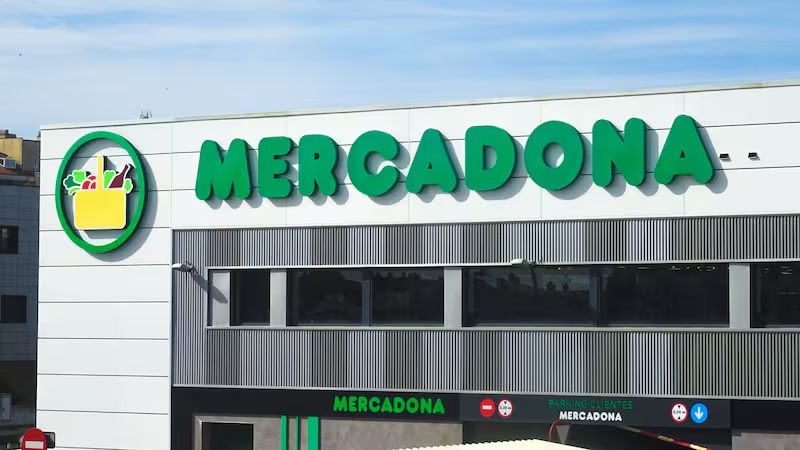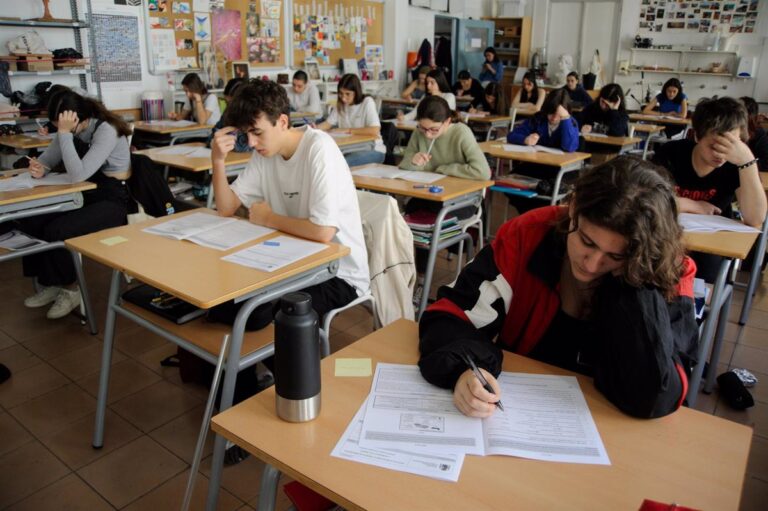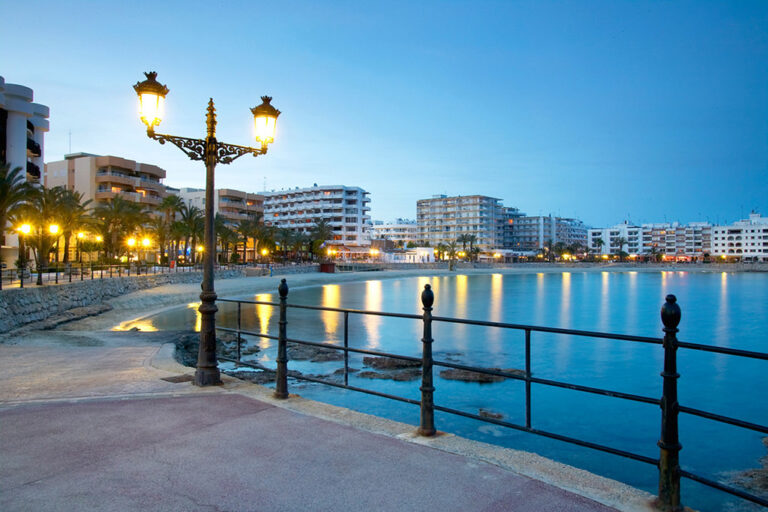The poultry sector in the Balearic Islands could face new imbalances in the coming months if the avian flu situation in Spain worsens. This has warned Asaja Baleares, which notes that although the disease has not affected the archipelago, the outbreaks detected in other communities and biosecurity measures taken by the authorities “can further stress” a market already pressured by the shortage of hens, rising costs and growing demand for organic product.
According to the agrarian organization, the Government’s measures to prevent the entry of the virus are “necessary and appropriate” to protect animal health, but their application can generate logistical difficulties, slowdowns and costly adaptations for small farms and family farms. This scenario, they warn, could add “additional pressure on an already stressed market”.
Asaja recalls that, should the epidemiological situation worsen, the effects on production would be immediate, which would directly affect prices. For this reason, it considers it “essential” to maintain vigilance and apply measures “rigorously”.
A market conditioned by fewer hens, more demand and higher costs
The organization details that the rise in egg prices in recent years responds to a set of factors affecting the whole state. Among them are the reduction in the number of laying hens, increased consumption of organic eggs and free range eggs and the general increase in production costs, especially feed and energy.
In the Balearic Islands, these elements are even more accentuated by the insular cost overrun, which makes production around 30% more expensive than on the mainland, and by a structural dependence on foreign products, which means that any variation in the national market is immediately passed on to the Balearic consumer.
According to state data cited by Asaja, in the last four years the price of eggs has increased between 45 and 50%, and only in the last year the increase has been 17%, above the European average, located around 10%. Currently, a dozen traditional eggs cost around 3.3 euros, while free-range or organic eggs reach 4.5 or 5 euros, 35% more than conventional eggs.
Fewer hens and more consumption: a fragile balance
The fall in the number of laying hens is one of the factors that most concerns the sector. In just one year, the number of hens in the Balearic Islands has fallen by 11%, from 332,649 hens in 2023 to 296,354 in 2024. In addition to this decrease, there has been a 4% growth in consumption at the national level, driven by the growing interest in organic, free-range and local products, which are more expensive to produce.
In 2023, the Balearic Islands produced 7.7 million dozens of eggs, a “remarkable but insufficient” figure to compensate for the reduction of hens and the strong dependence on peninsular production. This imbalance between supply and demand means that “any market tension or sanitary problem has more amplified effects in the Islands”, they point out.
A scenario that requires vigilance and stability
Asaja stresses that the sector needs stability, technical support and measures to ensure the continuity of small farms, especially in a context where avian influenza could add to the already existing difficulties.
The agrarian organization concludes that the priority is to maintain animal health, ensure local production and prevent new pressure factors from further increasing the price of a staple food that has already seen historic increases.


